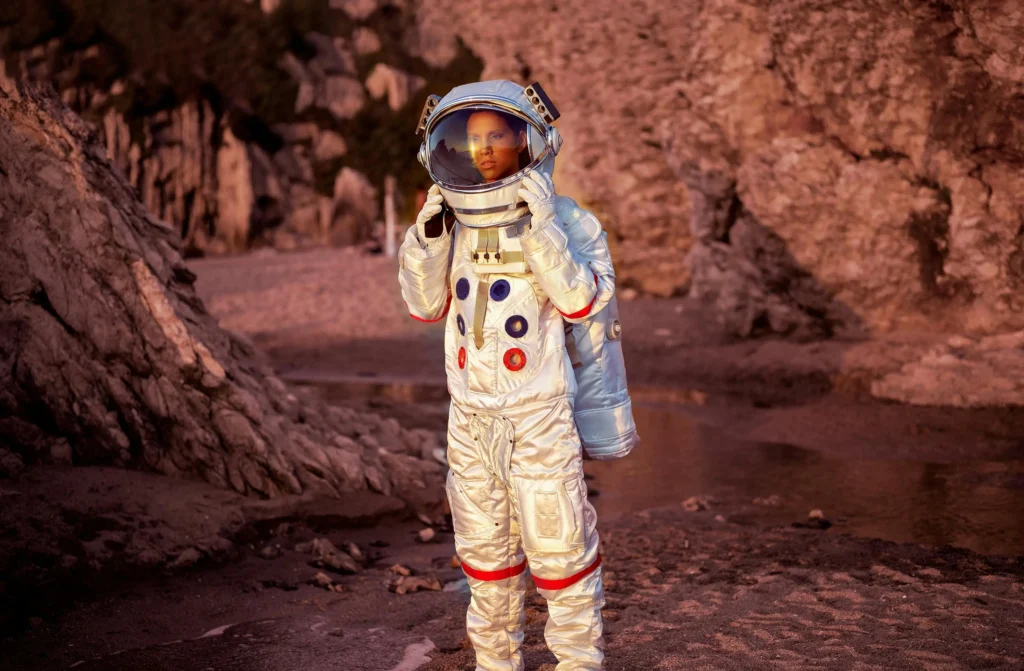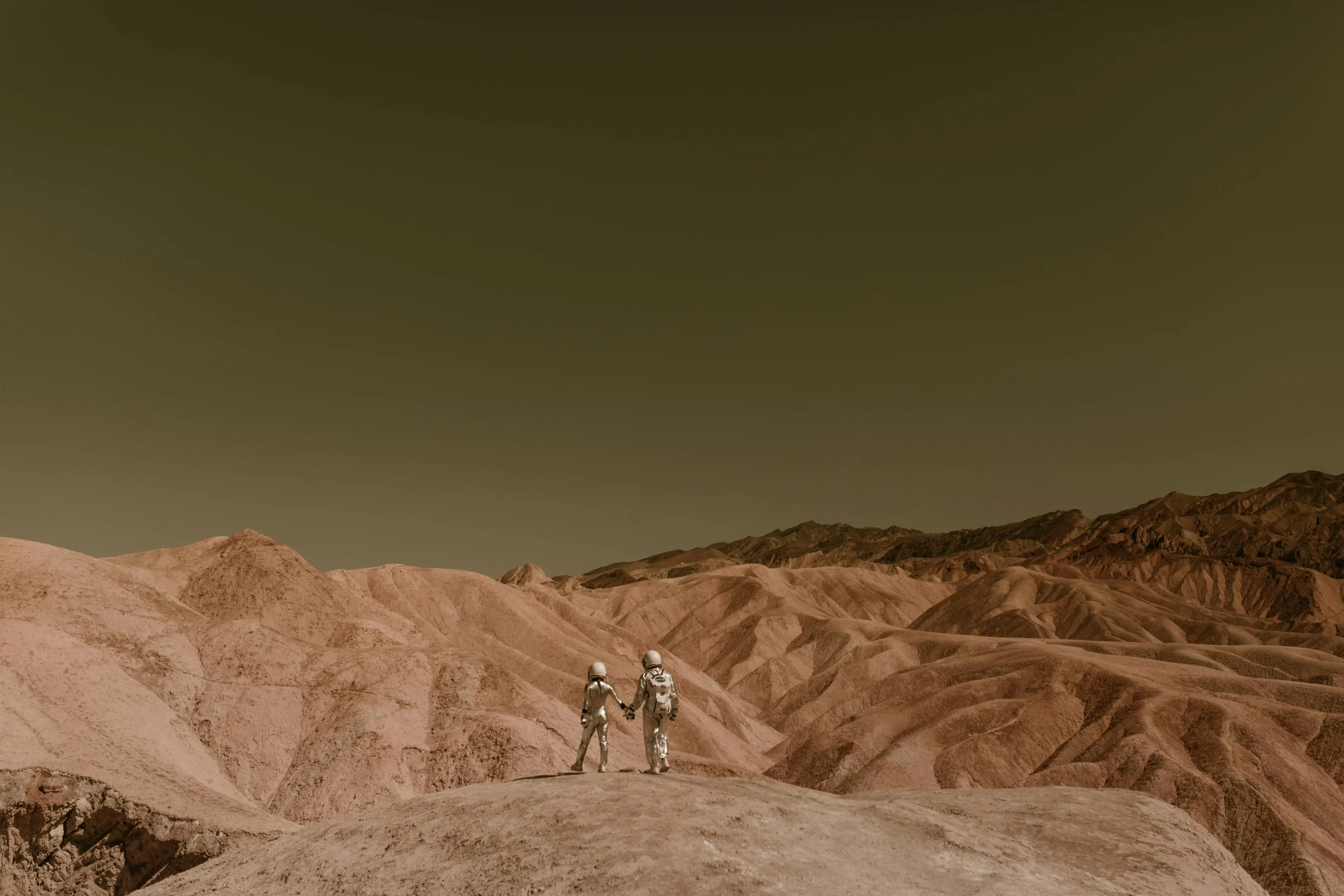Space Exploration And Tourism: A Breathtaking Cosmic Journey In 2024
For centuries, humanity has gazed skyward, captivated by the twinkling tapestry of stars and the moon’s luminous glow. This celestial wonder has fueled our curiosity, birthing a deep desire to explore the vast unknown. Today, that desire is no longer confined to dreams and myths. Space exploration, once the realm of science fiction, is a thriving field, and space tourism is poised to take its first steps.
This article delves into the captivating world of space exploration and tourism. We’ll explore the history of space exploration, its remarkable achievements, and the ongoing endeavors that push the boundaries of human knowledge. We’ll then turn our focus to the burgeoning field of space tourism, examining the companies leading the charge, the experiences offered, and the ethical considerations surrounding this nascent industry.
Table of Contents
A Legacy of Discovery: A Brief History of Space Exploration

The story of space exploration is a testament to human ingenuity and perseverance. It began with the pioneering astronomers who charted the celestial sphere, meticulously recording the movements of stars and planets. The invention of the telescope in the 17th century revolutionized our understanding of the cosmos, allowing us to observe distant celestial objects with unprecedented clarity.
The 20th century witnessed a surge in space exploration with the launch of the first artificial satellite, Sputnik 1, by the Soviet Union in 1957. This event ushered in the Space Age, a period of intense competition between the US and the USSR in the race to space. The following decades saw a flurry of groundbreaking achievements: Yuri Gagarin becoming the first human in space in 1961, the Apollo 11 mission landing the first humans on the Moon in 1969, and the deployment of countless satellites and probes that have expanded our knowledge of the solar system and beyond.
Today, space exploration is no longer a solely government-driven endeavor. Private companies like SpaceX and Blue Origin are playing an increasingly prominent role, developing innovative technologies and launching their own missions. International collaboration has also become a hallmark of space exploration, with countries pooling resources and expertise to tackle ambitious projects like the International Space Station (ISS).
The Wonders of Space Exploration: Unveiling the Universe’s Secrets
Space exploration has not only satisfied our curiosity about the cosmos but has also yielded a multitude of benefits for humanity. Here are some key areas where space exploration has had a profound impact:
- Scientific Discovery: Space exploration has been instrumental in revolutionizing our understanding of the universe. Probes have sent back data from distant planets and moons, revealing the composition of atmospheres, the presence of potential life-supporting environments, and the existence of exoplanets – planets orbiting stars other than our Sun. These discoveries have challenged our understanding of the formation of solar systems and the possibility of extraterrestrial life.
- Technological Advancement: The pursuit of space exploration has driven the development of groundbreaking technologies that have far-reaching applications on Earth. From the lightweight and efficient materials used in spacecraft to the sophisticated communication systems that enable us to connect across vast distances, space exploration has spurred innovation that has improved our lives in countless ways.
- Global Connectivity: Satellites orbiting Earth play a vital role in modern communication and navigation systems. They enable us to connect with people across continents, provide real-time weather data, and offer crucial support for search and rescue operations. Earth observation satellites monitor environmental changes, track climate patterns, and help us manage natural resources more effectively.
The impact of space exploration extends beyond scientific discovery and technological advancement. It fosters international collaboration, inspires future generations of scientists and engineers, and broadens our perspective on humanity’s place in the universe.
Space Tourism: A Glimpse into the Future

Space exploration has traditionally been an endeavor reserved for highly trained astronauts and scientists. However, with advancements in technology and the decreasing costs of spaceflight, a new era is dawning: the era of space tourism. This nascent industry promises to transform the way we experience space, offering a once-in-a-lifetime opportunity for civilians to venture beyond the Earth’s atmosphere and witness the cosmos firsthand.
Leading the Charge: Pioneering Companies in Space Tourism
Several companies are at the forefront of space tourism, each with their own unique approach and offerings. Here are a few key players:
- Virgin Galactic: Founded by Richard Branson, Virgin Galactic focuses on suborbital spaceflight experiences. Passengers board a specially designed spacecraft carried aloft by a mothership. Once released, the spacecraft ignites its engines, propelling passengers to the edge of space, where they can experience weightlessness and breathtaking views of Earth for a few minutes before gliding back for a runway landing.
- Blue Origin: Founded by Jeff Bezos, Blue Origin offers suborbital spaceflights with a similar experience to Virgin Galactic. Passengers board a capsule atop a reusable rocket, which takes them on a brief journey to the edge of space, allowing them to experience weightlessness and panoramic views of Earth before parachuting back to a desert landing site.
- Orion Span: This company takes a different approach, aiming to develop the world’s first luxury space hotel. Orion Span’s space station, currently under development, would offer guests a luxurious stay in orbit, complete with private cabins, panoramic views, and a zero-gravity environment for a truly out-of-this-world experience.
Beyond these companies, several other players are emerging in the space tourism industry, each vying to offer unique experiences and cater to different customer segments.
The Space Tourism Experience: What to Expect
The specific details of a space tourism experience will vary depending on the company and the chosen trip. However, some common elements can be expected:
- Pre-Flight Training: Passengers will likely undergo a brief training program to familiarize them with the spacecraft, safety procedures, and the physiological effects of spaceflight, such as experiencing weightlessness.
- The Launch: Depending on the chosen company, the launch could involve taking off from a traditional launchpad or being carried aloft by a mothership before igniting the spacecraft’s engines for the ascent.
- Weightlessness: One of the highlights of any space tourism experience is experiencing weightlessness. Passengers will be able to float freely within the cabin, a unique and exhilarating sensation.
- Breathtaking Views: Space tourists will be treated to awe-inspiring views of Earth, a fragile blue marble suspended against the blackness of space. This perspective shift can be profoundly transformative, fostering a deeper appreciation for our planet.
- Re-entry and Landing: After a brief period of weightlessness and enjoying the views, the spacecraft will re-enter Earth’s atmosphere and land, either on a runway or a designated landing site.
The duration of space tourism experiences also varies depending on the company. Suborbital flights typically last for a few minutes to an hour, while a stay aboard a space hotel could be for days or even weeks.
Ethical Considerations: A New Frontier Needs New Rules
Space tourism presents a range of ethical considerations that need to be addressed as the industry grows. Here are some key areas:
- Accessibility and Cost: Space tourism experiences are currently prohibitively expensive, limiting participation to a small, wealthy segment of the population. Efforts to make space tourism more affordable and accessible to a wider audience are crucial.
- Environmental Impact: Rocket launches can contribute to pollution. Companies need to adopt sustainable practices and develop cleaner technologies to minimize the environmental footprint of space tourism.
- Space Debris: The increasing number of objects launched into space creates a growing problem of space debris, which poses a risk to operational spacecraft. Regulations and strategies for debris mitigation are essential.
- Safety Regulations: As space tourism becomes more common, robust safety regulations and protocols need to be established to ensure the well-being of passengers and spaceflight personnel.
Open and transparent dialogue involving industry leaders, policymakers, and the public is crucial to ensure the responsible and ethical development of space tourism.
Conclusion: The Future of Space Exploration and Tourism

Space exploration and space tourism are on the cusp of a new era. Technological advancements are making space travel more accessible, and private companies are playing an increasingly prominent role. While challenges exist, the potential benefits of space tourism are significant. It can inspire a new generation of scientists and engineers, foster international collaboration, and broaden our understanding of the universe. As we venture beyond Earth, space exploration and tourism can serve as a powerful reminder of humanity’s capacity for innovation, exploration, and wonder.
The human spirit, once touched by the fire of exploration, will forever bear the scars of wonder.
finologic.in







